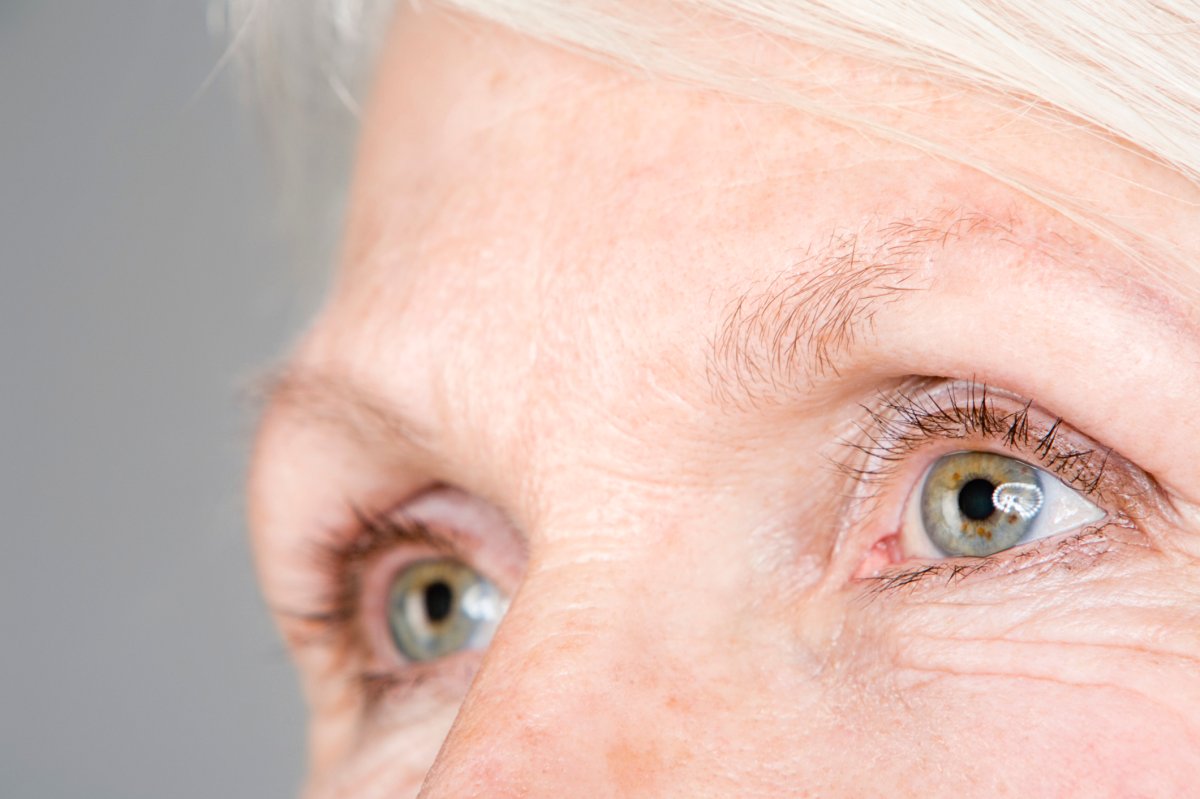New rules governing surveillance cameras in long-term care facilities in Quebec strike a balance between respecting residents’ rights and protecting the reputation of staff members, the Quebec government said Tuesday.

READ MORE: Quebec government pledges $5.7M to improve well-being of seniors
A patients’ rights group, however, says the framework that comes into effect March 7 was adopted to protect the government as opposed to vulnerable seniors.
In response to high-profile cases of abuse against seniors in Quebec facilities, the Liberals passed a law in 2016 forcing all such institutions to create a clear policy to prevent the mistreatment of elderly people in their care.
READ MORE: Will hidden cameras stop elder abuse in Quebec?
Included in the law are the new rules, which stipulate that all cameras installed in rooms of patients in long-term care facilities must be there strictly to monitor the well-being of a resident and not to spy on neighbours or staff.
READ MORE: Quebec to invest $22M in home health care, especially for seniors
One rule states all “sharing of images and recordings must be limited and done in a way to protect the identity of the people whose images or voices are captured.”

Get weekly health news
Francine Charbonneau, the minister responsible for seniors, told reporters “an image is worth a thousand words.”
WATCH BELOW: Elder abuse in Quebec
“I would say we struck a balance … A camera in the room is an additional tool that offers an image of something that could otherwise create a doubt,” she said.
“We want to make sure that if we get an image of someone who commits an act we can stop it as fast as possible.”
Paul Brunet, president of a patients’ rights group, said families of residents in long-term care centres have been legally installing cameras in their rooms for the past 15 years.
“These rules are kind of like the government ramming itself into an open door,” he said in an interview.
The regulations are reactive instead of being proactive, Brunet said, because they put the onus on families to record abuse and then bring the evidence to the government.
READ MORE: Quebec health minister unveils plan to improve seniors care
He said the rules allow the government to abandon its responsibilities and protect state institutions with regard to legal issues that could arise from recording images and sound of staff.
Quebec should invest money in more training and hire additional people to better supervise staff and conduct proper follow-ups to complaints, he said.
“In the case of facilities taking their responsibilities and properly managing personnel and following up on complaints, families don’t feel the need to install cameras,” Brunet said.
READ MORE: Federal government funds Quebec project to fight senior abuse
One of the cases that spurred the government to adopt new laws on elder abuse involved Immacula Eugene, who was sentenced in 2015 to 15 months in jail after being charged with abusing seniors.
Eugene worked in a long-term care facility south of Montreal and pleaded guilty to acts such as drugging seniors with noxious substances, spitting on residents, squeezing them tightly and hitting a elderly woman over the head with a pillow.





Comments